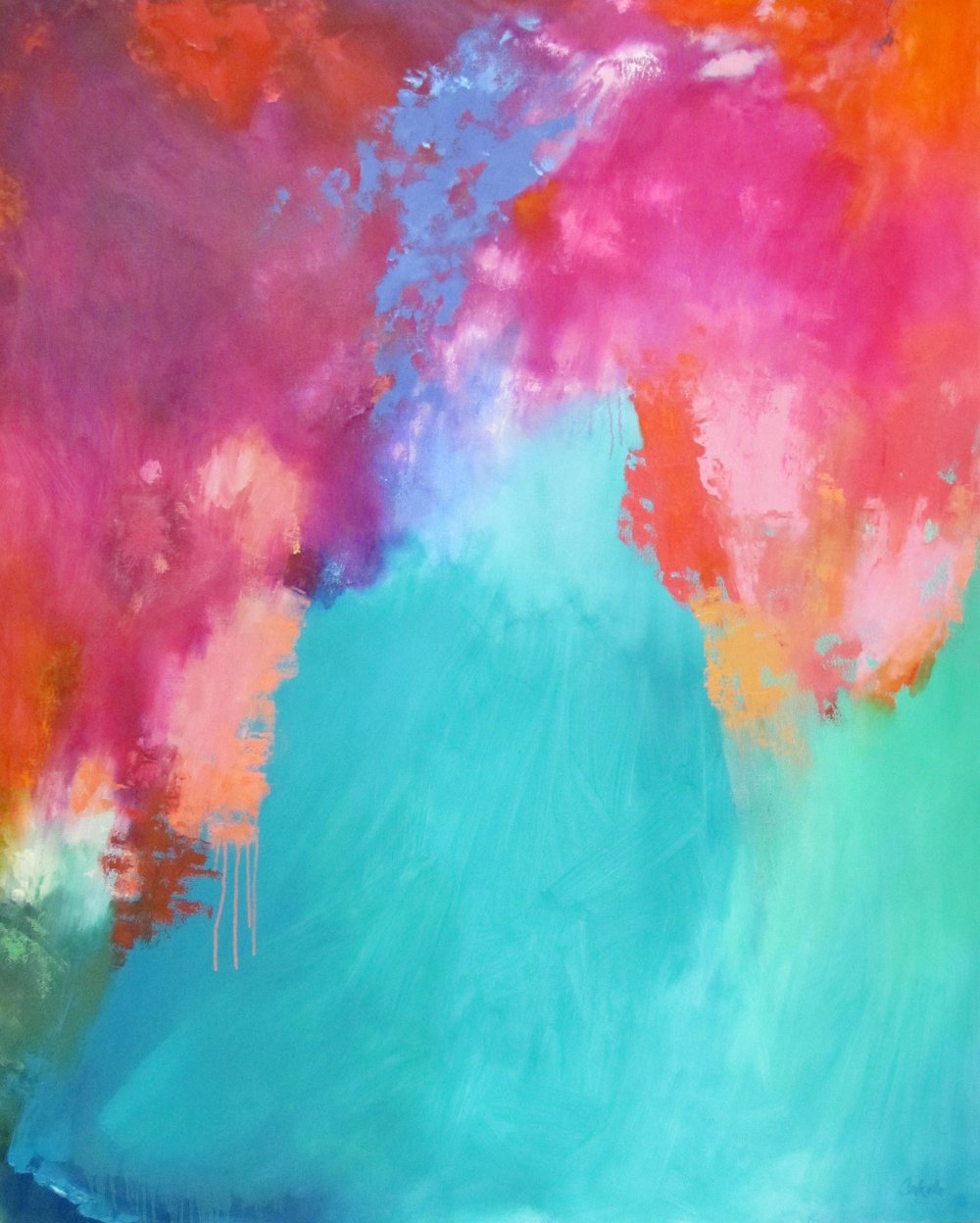Only Don’t Know Art Exhibition
Main Article Content
Abstract
Alix Ankele began her professional career as a psychiatric social worker in New York City. But when she and her husband moved to Kenya, where he worked in media, her exposure to batik art shifted her life. “Art set my soul. It was a way of connecting through my heart”, recalls Ankele. Union Theological Seminary’s James Memorial Chapel will be the location of an exhibition of artist Alix Ankele’s monumental work on display from September 9-November 1, 2013. Although Ankele has been creating art for some time now, she began to make abstract art because it presented an intuitive process to painting rather than creating artwork from a structured conceptual mindset. Her pieces are mostly large in scale, abstractly structured, and vividly colored in expression.
The title of her recent art exhibition, “Only Don’t Know”, refers to a Korean Zen master who promoted open-mindedness without a sense of coming to our own prejudged conclusions. This sense of being is most pertinent to Bioethics, which is based on a multidisciplinary approach that is based on seeing ethical realities as such rather than viewing them as we think they should be. Ankele’s work stresses the interconnectedness of who we are and our inseparableness to our universe. One striking piece entitled, “cross of the moment” speaks to the words of one of the 20th century’s most morally conscious poets, W.H. Auden: “We would rather be ruined than changed. We would rather die in our dread than climb the cross of the moment and let our illusions die.” Auden’s nuances reflect how terminal illness can affect a patient’s innermost thoughts that are never mentioned.
In her work, “easter morning”, we are called to ponder upon and keep open to a sense of a new beginning or fresh start. But Ankele also challenges us to reflect upon collective and unconscious memory as observed in neuroscience and psychiatric medicine. Freedom and emancipation is transparently interpreted in Ankele’s 2013 piece, “todatsu”, reverberating one of bioethics most pertinent ethical principles-autonomy. After walking away from Alix Ankele’s multi-layered and highly global exhibition reflecting life, death, and new beginnings-all significant to human existence- I felt spontaneously uplifted, vividly transformed, and rightfully moved.

